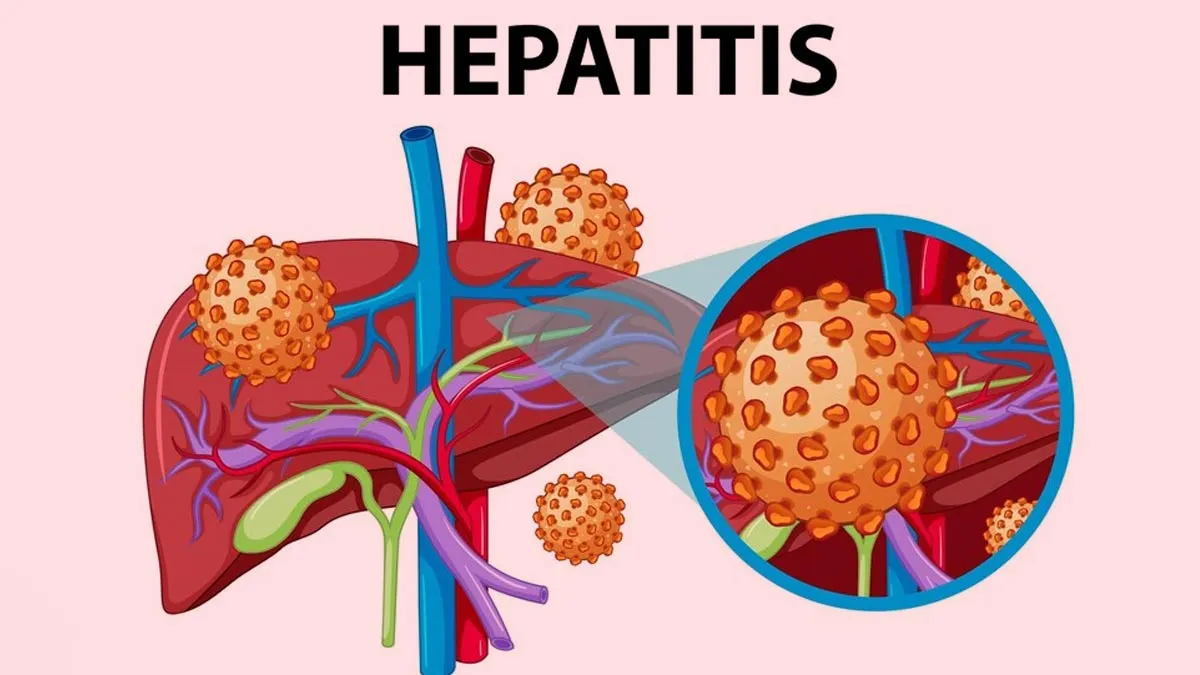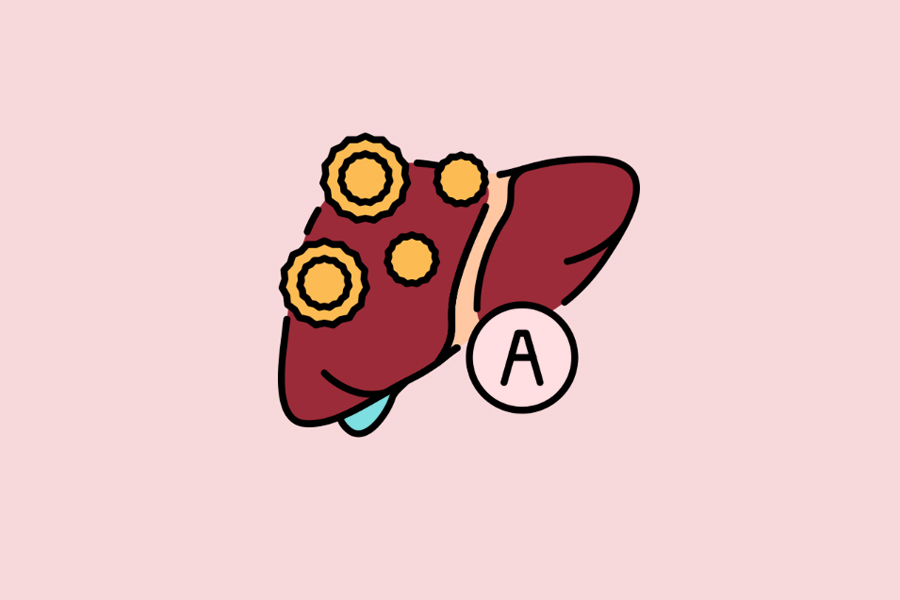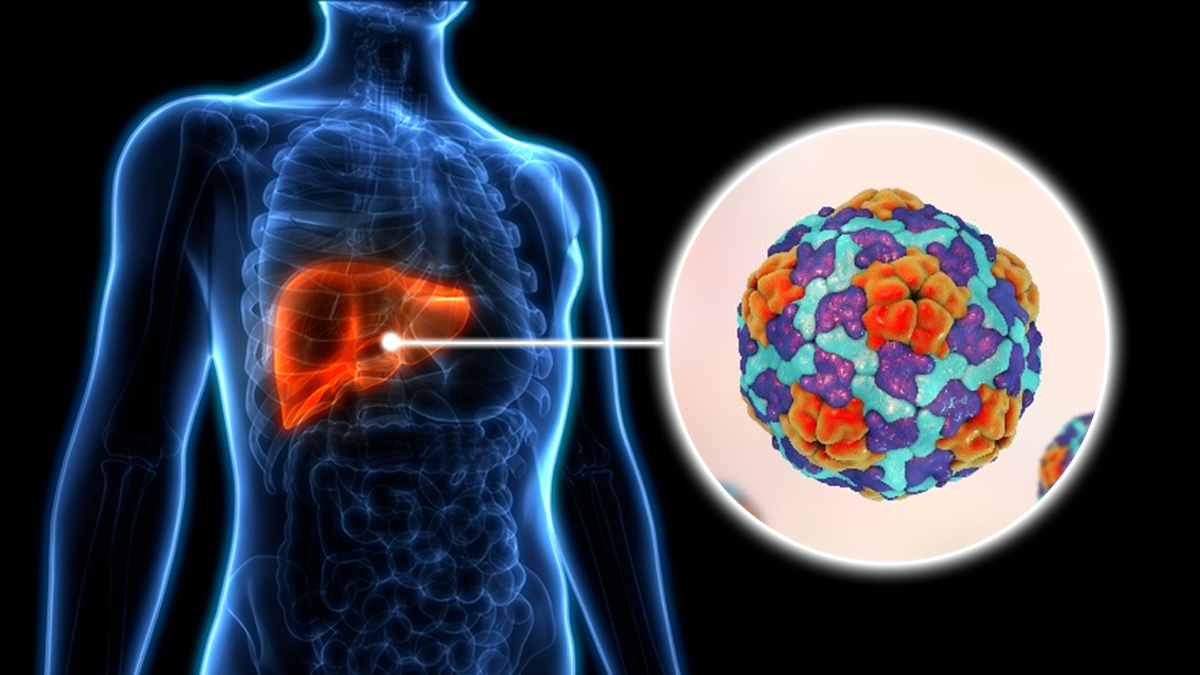
Delhi is currently experiencing a worrying surge in hepatitis A and E cases, both of which are viral diseases that are mostly waterborne and foodborne. With the onset of the monsoon season, which provides ideal conditions for the transmission of waterborne diseases, health experts are urging people to be cautious and take precautions.
Table of Content:-
Why Are Hepatitis A and E Increasing Now?
Hepatitis A and E are both viral causes of liver infection. Contrary to hepatitis B and C, which are transmitted through blood and body fluids, A and E are more commonly associated with poor sanitation, contaminated water, and inadequate food handling. According to our expert, Dr Bhumesh Tyagi, General Physician and Internal Medicine Specialist, Shardacare, Health City - Noida, the Delhi surge is due to the following reasons:
- Monsoon rains flood water sources used for drinking
- Poor sewage in densely populated areas
- Eating from street food without any hygiene checks
- Low knowledge of safe water and food habits
Symptoms to Look Out For
Hepatitis A and E have similar symptoms, which might sometimes be confused with the flu or stomach illnesses. Prompt diagnosis is important in order to avoid complications. Dr Tyagi noted the general symptoms are:
- Sudden weakness and tiredness
- Loss of appetite and nausea
- Pain in the stomach, particularly in the top right area
- Dark colored urine
- White stools
- Jaundice (yellowing of skin and eyes)
- Mild fever
If you experience these symptoms, particularly during an outbreak season, seek a doctor's attention immediately for an accurate diagnosis.

Also Read: Can Certain Foods Help Regulate Stress Hormones? Find Out Here
Precautions to Avoid Hepatitis A and E
The good news is that both hepatitis A and E are preventable. Here are some expert-approved ways:
1. Safe Water to Drink
- Always boil water for consumption or use a Water Purifier that is certified.
- Do not take tap water or roadside ice.
2. Be Wary of Food
- Thoroughly wash fruits and vegetables.
- Do not take raw or under-cooked meat or seafood.
- Eat minimum street food, especially during the monsoon.
3. Practice Hand Hygiene
- Wash your hands with soap and clean water before eating and after going to the toilet.
- Take a sanitiser in case there is no water.

4. Vaccination
- Hepatitis A vaccines are also available and can be recommended, especially in children and those at increased risk. (No vaccine for hepatitis E is widely used yet.)
5. Pregnant Women Must Be More Cautious
- As hepatitis E is more risky when pregnant, it is very important to keep food and water hygiene strict.
Bottomline
The increase in hepatitis A and E cases in Delhi is a wake-up call to keep food and water safety on the priority list. With some simple precautions, such as consuming clean water, following hygiene, and getting vaccinated, you can significantly lower your risk. Being aware and cautious is the best way to safeguard yourself and your family during outbreak season.
Also watch this video
How we keep this article up to date:
We work with experts and keep a close eye on the latest in health and wellness. Whenever there is a new research or helpful information, we update our articles with accurate and useful advice.
Current Version